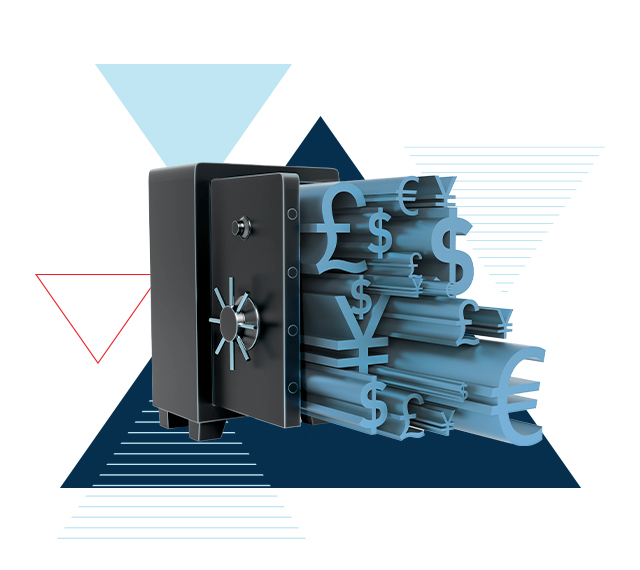What is FX Trading
Foreign exchange trading might have been the sole privilege of banks and institutional traders, but since the advent of the internet and the start of online trading in the 1990s, things have changed. Now, every individual can trade form the luxury of their own home by opening an account with a forex broker and investing in foreign currencies.
Foreign Exchange Market
The foreign exchange market, or forex, as it is also known, is the largest and most liquid market in the world.
As a very specific market, the forex market has certain characteristics: 24-hour availability, low margins and high leverage, and is open to a global community of traders.
Forex refers to the exchange of one currency for another at an agreed exchange rate.
A transaction over the counter, also known as OTC, will involve selling thousands or millions of euros for US dollars in exchange for a fee.
Over-the-counter (OTC) refers to the way securities are traded via a broker-dealer network.
A broker-dealer (B-D) refers to a person or a company who are buying and selling securities for themselves or on behalf of their customers.
The Basics of Trading Forex

The Basics of Trading Forex
Foreign exchange dealers or brokers have developed a shortened notation for each currency. For example, for the euro it is EUR and for the US dollar, it is USD. In this respect, the exchange rate is written as EUR/USD.
Leverage
Trading is highly leveraged, and this makes forex trading exciting. For example, if you have $4,000 in a trading account, you can borrow an additional $4,000 and trade with $8,000 altogether. This means that your trading will be 50% margined or two times leveraged. A highly leveraged trade can generate a large return if it works in your favour but, if the trade turns against you, it can be disappointing as you might lose and forced to either close the trade or add more money. As always, proper levels of leverage should correspond to your risk tolerance and portfolio management objectives.
Why Trade Forex?
01
Diversification
Trade and economic developments can be affected by geopolitical events, oil, viruses and many other issues. These can be unpredictable and as such difficult to control. Trading forex is a great way to diversify your existing portfolio, so you don’t have all your eggs in one basket.
02
24-hour trading
Forex trading moves around the globe, from Tokyo to London and New York, offering traders the chance to trade day or night. This means you do not have to wait for an exchange to open as electronic trading has made forex transactions instantaneous.
03
Leverage
We have mentioned leverage, but we will highlight its importance again for forex. Forex markets provide some of the highest leverage and allow for traders to put a small amount of money and control large positions, with small moves in your favour resulting in big returns on your investment.
Benefits of Trading Forex
Trading forex has never been easier. With so many attractive offers, great trading conditions and promotions available from reliable and trusted brokers it is hard not to participate in this market. The rewards are big if you approach trading wisely and rationally. The widespread interest in forex has resulted in competitive offerings from which you can gain great benefit, but always make sure to do your own research and be prepared to manage your risk.
Markets to watch
-
EUR/USD, USD/JPY,
GBP/USD, USD/CHF -
USD/CAD
-
AUD/USD
-
NZD/USD